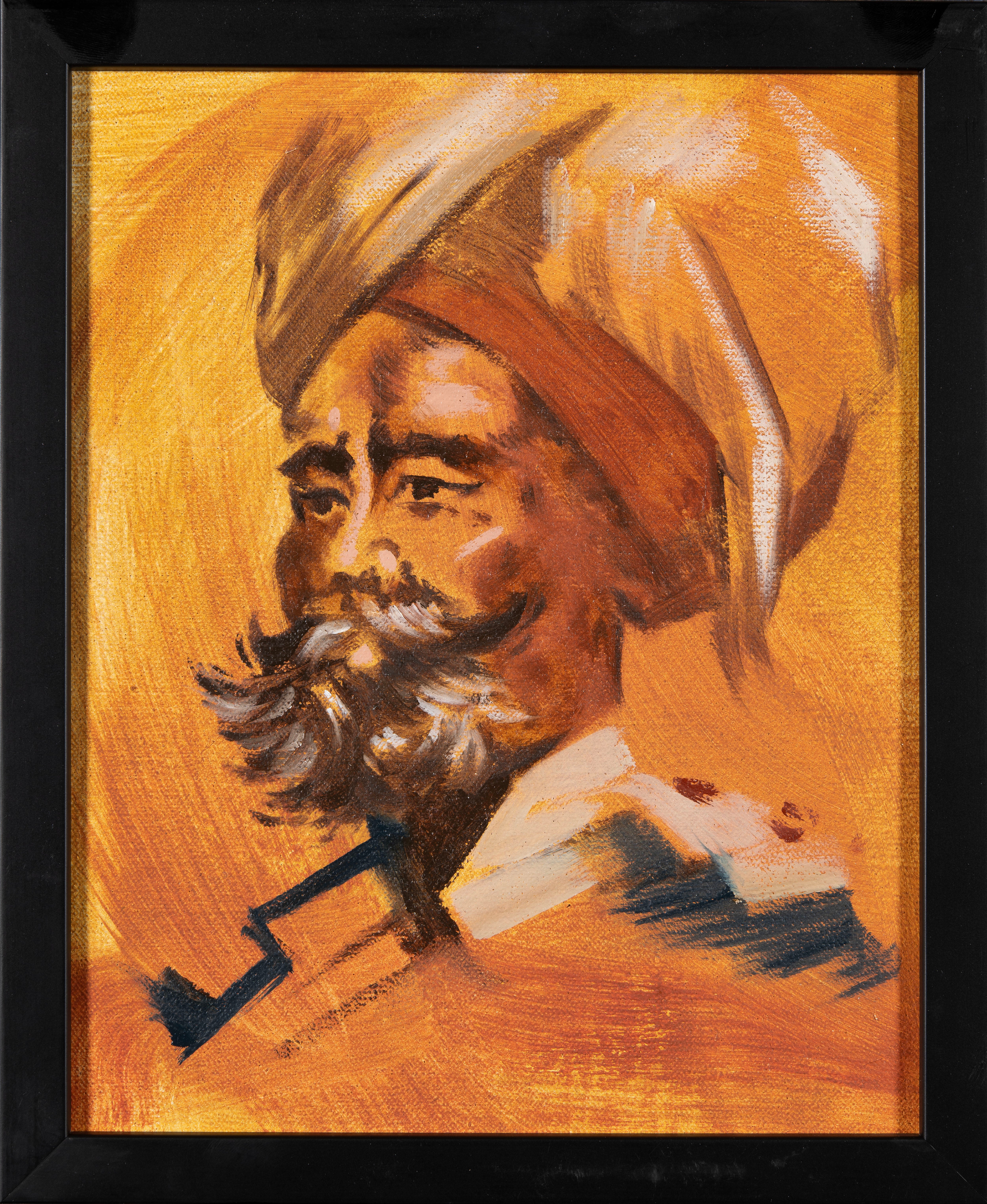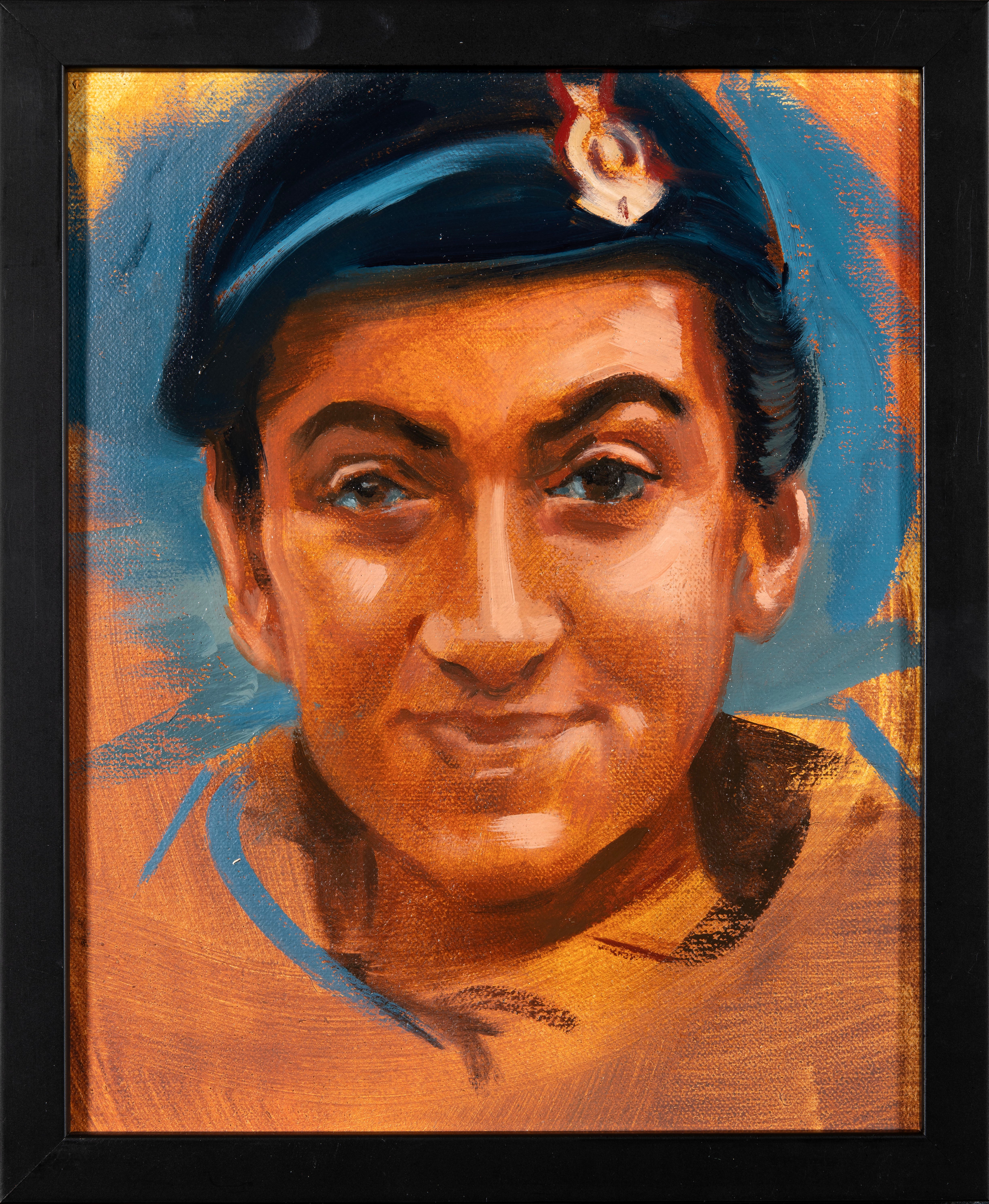The forgotten faces of freedom: Why telling the whole story of Britain’s war efforts matters
During the Second World War alone, more than 2.5 million soldiers from pre-partition India joined the Allied forces, writes Nizam Uddin – their names are etched in dusty archives but absent from too many classrooms, Remembrance Day services and national narratives

This week, as we commemorate the 80th anniversary of VE Day, our nation pauses once more to honour the generation who fought for freedom – often at great personal cost. It is a moment for remembrance, reflection and renewal. And yet, for many years, I’ve felt there is something incomplete about the way we tell this story.
My work has focused on social mobility and social integration in Britain. I’ve spent much of my life trying to build bridges between communities, across differences and disciplines, and towards a deeper shared sense of belonging. That work, though often hard and always necessary, has taught me something fundamental: we cannot build a truly prosperous, cohesive future without a full and inclusive understanding of our past.
It was at a dinner last year convened by the Good Society Forum that a conversation with British Future’s Sunder Katwala really opened my eyes. In the context of the great world wars, we talked about the stories we inherit as Britons and the histories we then choose to share. And I realised – even after all these years of working in this space – how little I actually knew. I began to see with fresh eyes the huge, often unrecognised, contribution of people who looked like me, prayed like me, and whose names have long faded from public memory.
That is why I put together “Great Faith: Stories of Sacrifice and Contribution” – a portrait series and storytelling project that seeks to shine a light on Muslim servicemen and women who served in the Allied and British Armed Forces during the world wars, and those who continue to serve today.
Unveiled this week and created in collaboration with the remarkable British war artist and portrait painter Arabella Dorman, this collection features 80 portraits that humanise and honour those whose bravery has too often gone unseen. These are not abstract tributes; they are deeply personal, evocative portraits – each one a window into a life lived in service to this country.

They tell the story of Captain Anis Khan who, having served courageously in Dunkirk, was captured and spent nearly four years as a prisoner of war – the longest of any Indian officer in the Second World War. So, too, the story of Lance-Naik Islam-ud-Din, a British Indian Army soldier who sacrificed his own life to save that of his comrades, when he threw himself on a live grenade in Pyawbwe, Burma (now Myanmar) – resulting in a posthumous award of the George Cross.
They also tell the more recent stories of Rear Admiral Amjad Hussain, a senior Royal Navy officer who, at the time of retirement, was the highest-ranking member of the British Armed Forces from an ethnic minority background, and Captain Ammani Bashir, a general duties medical officer inspired to sign up by the service of her father, a retired lieutenant colonel who spent over three decades in the British Army.

This project is not about setting one group above another. On the contrary; it is about completing the picture – about reminding ourselves that Britain’s war effort was not homogenous but richly diverse. Muslims, alongside Christians, Jews, Hindus, Sikhs and others, stood shoulder to shoulder to defend the freedoms we all now enjoy. The armies of 1914 and 1940 looked far more like the Britain of 2025 than we often imagine.
During the Second World War alone, more than 2.5 million soldiers from pre-partition India joined the Allied forces – hundreds of thousands of them were Muslim and many were decorated for valour. Their names are etched in dusty archives but absent from too many classrooms, Remembrance Day services and national narratives.
“Great Faith” is part of a broader set of campaigns to change that – to bring dignity, recognition, and representation into the heart of how we remember. Because when we see ourselves in the story of Britain, we are more likely to feel we belong in its future.
And in today’s polarised climate, where extremists on all sides try to co-opt history for their own ends, telling the full truth has never mattered more. The military should never be a symbol of exclusion or division – but of shared sacrifice and service. By including all who gave and continue to give, we resist the falsehood that patriotism is the preserve of the few. It belongs to us all.
Throughout the year, the portraits will travel across the UK, accompanied by educational materials and personal testimonies. We hope they will prompt conversation, introspection, and pride – especially among younger generations, for whom identity and belonging are live questions.
There is not a more British story than that of service and sacrifice, and of the 10 million who served in the world wars – a great many of whom were Muslim. That history doesn’t just deserve to be told – it deserves to be seen, honoured, and passed on. In remembering together, we can belong together.
Nizam Uddin OBE is an entrepreneur who works at the intersection of financial services and technology. He was previously the senior head of mosaic and community integration at The King’s Trust and is currently vice-chair of SOAS University of London. Great Faith: Stories of Sacrifice and Contribution is open from Wednesday 7 May 2025
Join our commenting forum
Join thought-provoking conversations, follow other Independent readers and see their replies
Comments